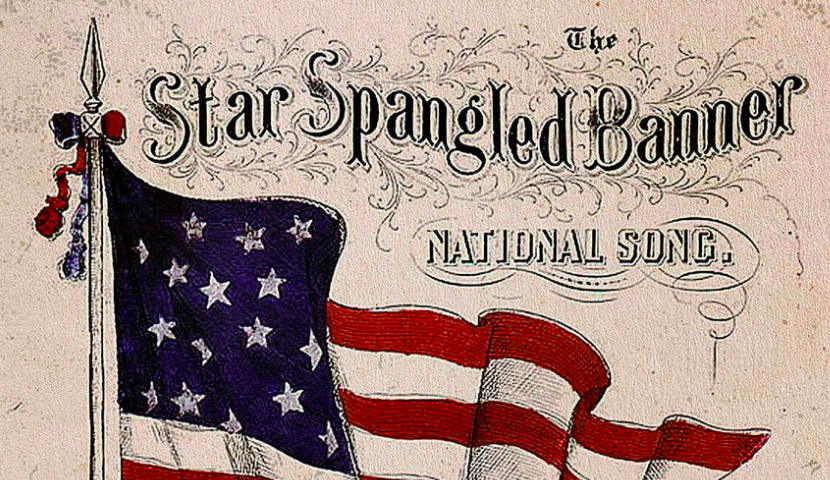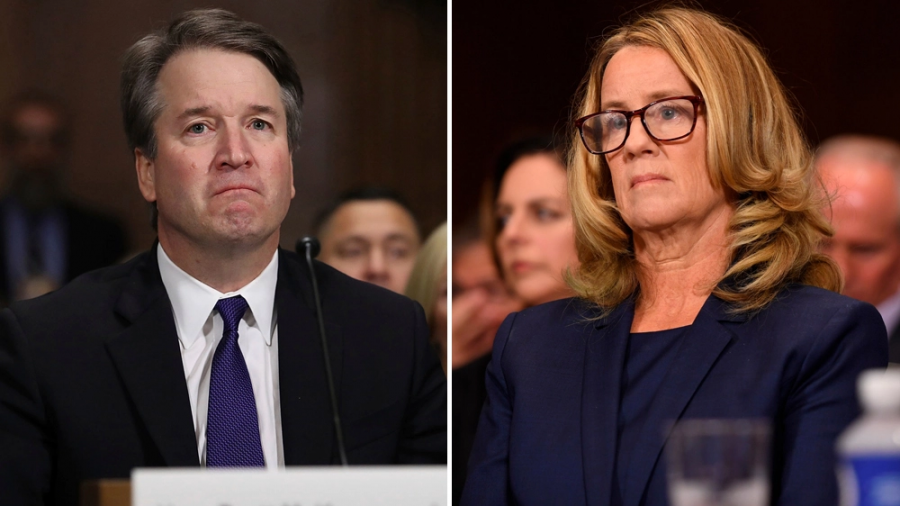Emilija Sagaityt
“Once it’s out, it’s out there forever. Some things don’t come back and you never get the chance to do it all better. Might as well put on a show. Maybe you should start to dance like everybody’s watching. Paparazzi likes to hide in everybody’s pocket. There’s no need to say much ‘cause everyone’s got their comment. Everybody’s watching…everybody’s watching.”
These are the lyrics of Carly Rose Sonenclar’s song, “Everybody’s Watching”. While not many may have heard this single, the idea behind it is becoming increasingly universal every day. As technology has expanded, bringing us smart phones and tablets, it has also introduced a new form of socialization and communication into our society that just over a decade ago was nearly inexistent and fairly inconvenient. From Facebook to Instagram, from Tumblr to Snapchat, social media has emerged and expanded over the years, and it will no doubt continue to do so. New sites and ways of sharing photos and information are being posted out there for the public to use constantly, attracting the youth as well as numerous adults.
However, while there are certainly many positive aspects to social media, there are also many downsides that, while we as teenagers may have briefly heard of during school lectures and assemblies, have long been dismissed. While certainly not everyone will always acknowledge these issues or be affected by them, there is no harm to keeping them in the backs of our minds, so here’s another refresher.
First of all, one of the most well known issues with social media is its role as a conduit for cyber bullying. Some people resort to it in order to post hurtful comments or embarrassing photos of those they dislike or sometimes those they don’t even know, with the anonymity on some sites or simply the lack of face-to-face interaction serving as the screens on their phones that shield them from the reactions of those on the other side. While such thoughtless actions can be made possible through other means, social media allows comments to spread and become available to a wider audience much more quickly. Not to mention, since there is not much of a way to control what’s displayed out in the social media world after people have already posted it, social media can often serve as the start of harsh insults, rude jokes, and painful tears.
In addition, social media manages to appeal to, attract, and nearly cause addictions in many young kids and teenagers, draining much of their precious time. This is not to say that it is automatically a problem when a student takes a few minutes of their time to post a picture or read a review, but when these “few minutes” become lengthy hours of creating videos or getting immersed in miles of posts, it may be better to spend a descent portion of that time doing something more productive.
Furthermore, just about everything that’s posted on social media stays there. While it may not seem as though every photo is permanent since there is always that “delete” button or a time limit to how long someone can view it, all of that information is never truly gone. Instead, it all gets saved to and then in some cases remains stored in databases that some people have the capability of accessing if necessary. Therefore, in cases when social media causes kids and even grownups to make poor decisions out in public so that they could share photos or videos of it with friends, those images may not be seen by a crowd as exclusive as intended. It is also important though to keep in mind that sometimes, it isn’t necessarily you, but those around you who can capture those images and make them available to countless eyes. Remember, everybody’s watching.
As a result, these seemingly temporary posts that are only supposed to be seen by close friends can have serious consequences in the future. Even “private” settings can’t keep every comment and picture from those who have a goal to gain access to them. If those in charge of college or job admissions discover information about their candidates on social media that they disapprove of, some of which may not even necessarily be true, that could cost those people their chances of getting accepted into their dream college or getting hired and can later in life possibly get them fired from their jobs. People can also use social media to find information about potential employees that they might not be allowed to ask about during an interview, and what they discover may affect their decisions. Of course, it isn’t always this extreme, and one embarrassing photo may not ruin a person’s future, but the wiser choices you make on social media, the better off you’ll be.
Nonetheless, social media cannot be portrayed as downright harmful and useless. It can have many benefits after all. It helps spread news and information, provides an efficient way to organize meetings and events, allows people to display photos and stories of their accomplishments and adventures rather quickly, and decreases the distance of many friends and family from miles apart to only a few inches to the phone away.
Everyone need to be aware though of the possible consequences that social media can have not just on their lives but also on others if they choose to use it. Since social media likely won’t be deleted from modern society anytime soon, people need to know the reality of what one selfie or one comment can mean and be conscious of their posts and also what they choose to do that other people may get the opportunity snap a picture of.
Therefore, whether you choose to hit the like or dislike button on social media, keep in mind everything it entails and the fact that in the end, it is not the site itself but the actions you make that determine the comments that are likely to follow.
Categories:
Like or Dislike
April 6, 2016
More to Discover





